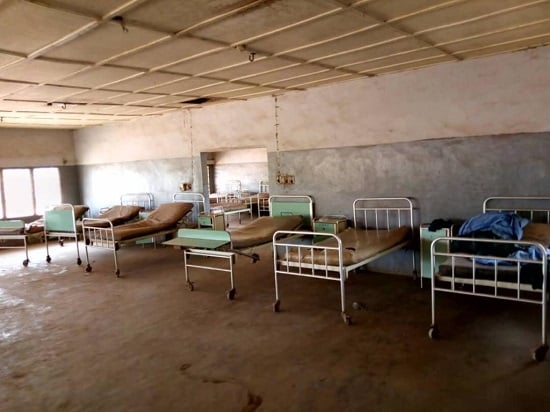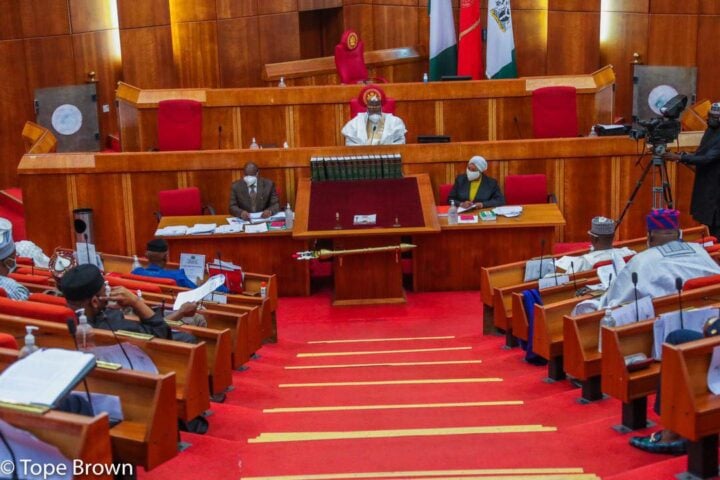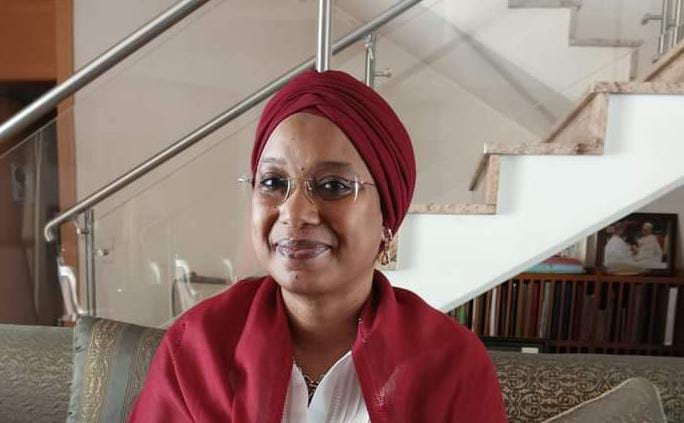Yahaya Memorial Hospital in Ankpa LGA, said to be one of the isolation centres for COVID-19 in Kogi
BY OLUMIDE ADESINA
Nigeria’s ill-resourced public health system is under tremendous strain because of the country’s high incidence of infectious and non-communicable diseases as well as the fact that more than half of the population lives below the poverty line. As a result, the private sector and international aid organisations may significantly reduce the load on the government, and all relevant parties must cooperate to ensure that all societal segments have access to dependable and inexpensive health care.
Nigeria’s small middle class and primarily impoverished people, with poor access to medical aid, already upset by rising food and inflationary costs as well as debilitating out-of-pocket medical expenses, continue to restrain the country’s business side of health.
PwC analysis shows that Nigeria already loses up to $1 billion annually to wealthy Nigerians travelling abroad for medical care since local access is insufficient.
Advertisement
A research report by the African Private Equity and Venture Capital Association shows only one percent of all venture capital investment worldwide is attracted to Africa, with Nigeria controlling 33% of that total.
African healthcare assets have already started to draw more attention before the outbreak. In November 2019, the Investment Fund for Health in Africa-II (IFHA-II) and the International Financing Corporation, a division of the World Bank, joined forces to create a $115 million acquisition vehicle for healthcare service companies in the east and south of the continent.
IFHA has received funding from institutions of European development finance including Swedfund, the Swedish institution of development finance, as well as companies like Pfizer and the Stichting Social Investment Foundation for Africa, whose supporters include Aegon Health Capital. With the help of its venture capital division, Africa, formerly known as Flying Doctors Healthcare Investment Company, is helping fintech and health-tech businesses raise pre-Series A funding.
Advertisement
According to Ola Brown, the company’s founding partner, it has invested in around 30 fintech and health tech businesses and has allocated roughly $800 million to infrastructure projects for renewable energy, clean water, and healthcare in Africa
Africa’s most populated country presently offers opportunities for such investment attraction due to the rise in non-communicable diseases like cancer, hypertension, diabetes, and chronic kidney disease.
There is a higher need for private insurance as some societal sectors have more disposable money. Public hospitals are understaffed and overworked, which reduces standards and affects quality. Private hospitals provide patients with a quicker, more efficient option.
Although it’s critical to note that the federal government has recently embraced the private sector’s participation, diminished the state’s role, and promoted private-public partnerships in several industries, including telecommunications and power. Authorities seem to recognize the value of increased private sector involvement in addressing some of the shortcomings of the public health system and relieving funding constraints.
Advertisement
Adesina is a France-born Nigerian and a Certified Investment Trader, with more than a decade of working expertise in Investment Trading.
Views expressed by contributors are strictly personal and not of TheCable.
Add a comment






